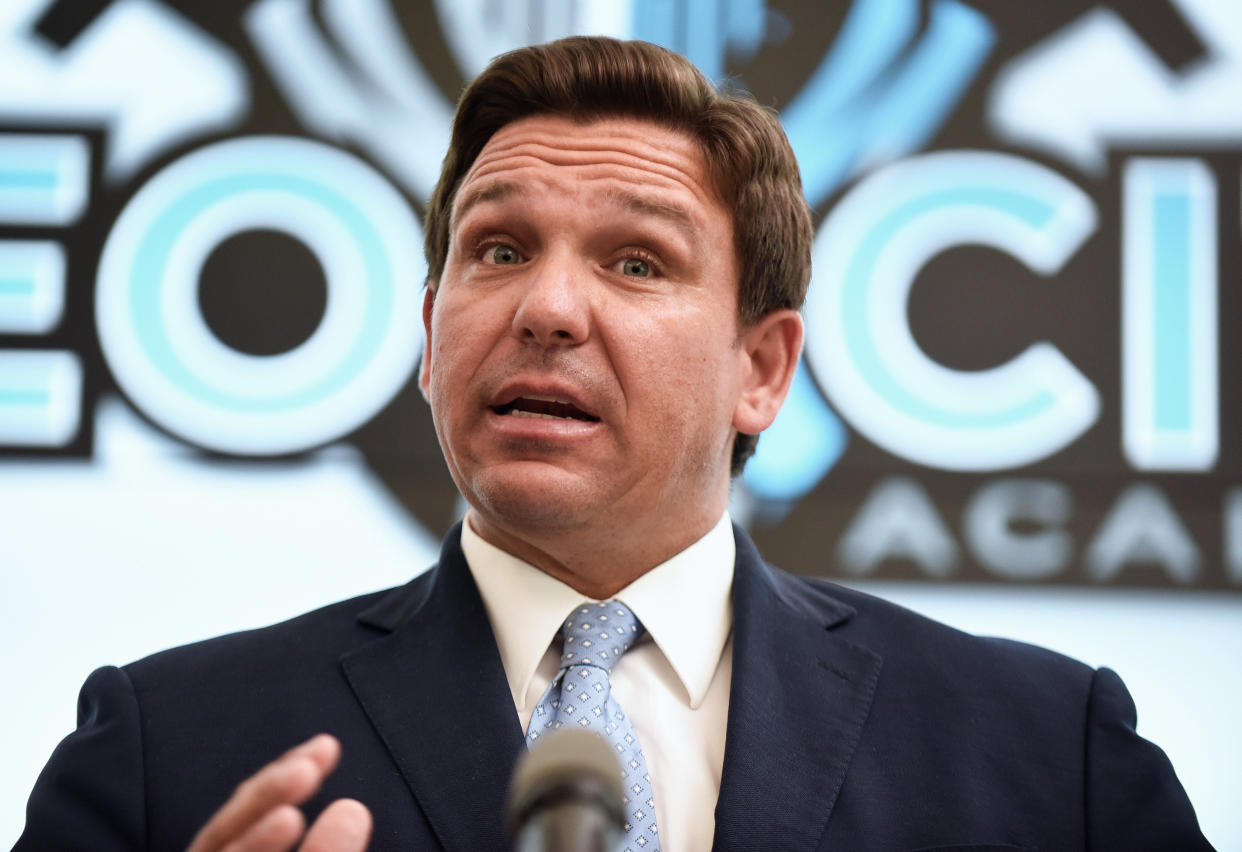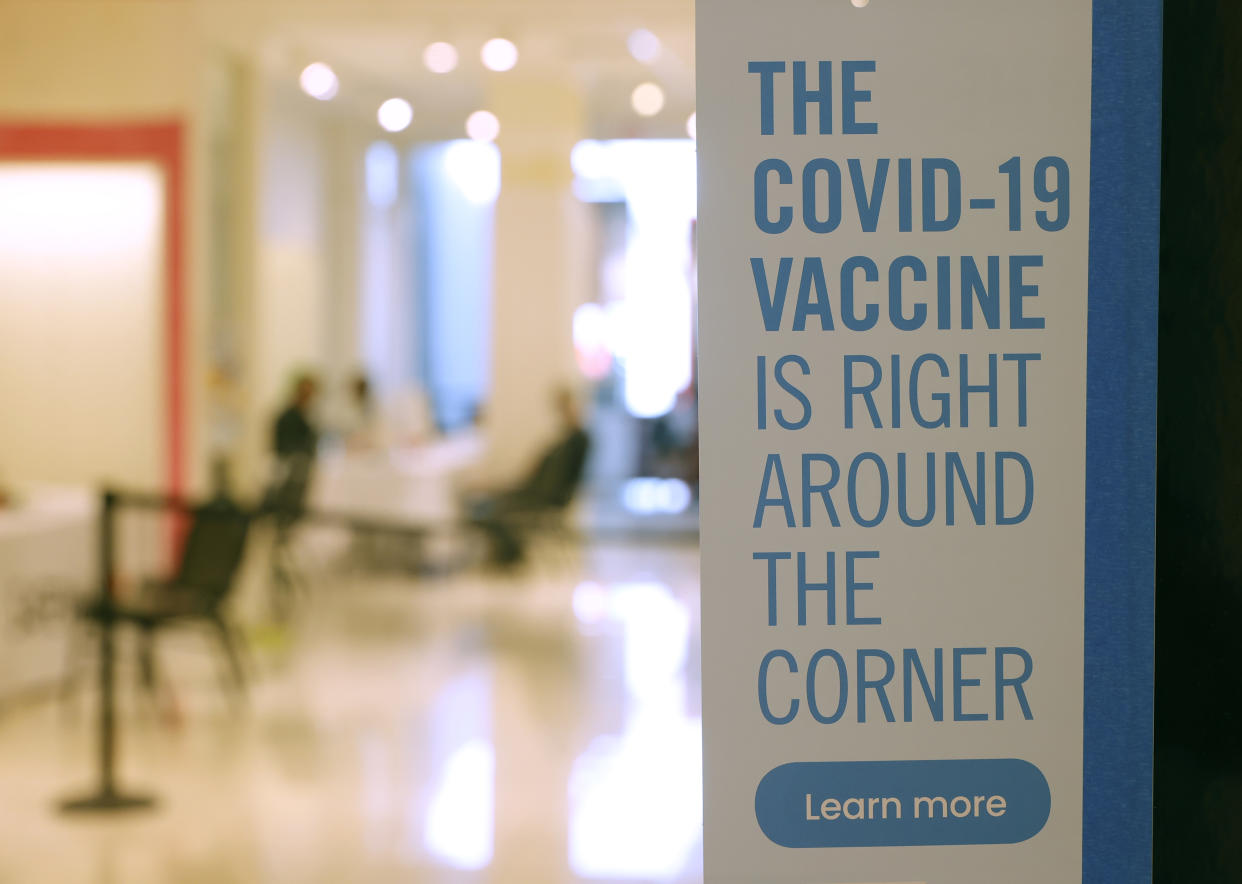Poll: Americans aren't as divided on COVID as the media makes it seem
How many Americans absolutely refuse to get a COVID-19 vaccine? How many never wear masks in public? How many insist that kids shouldn’t have to cover their faces in school? And how many would oppose vaccine requirements if the hyperinfectious Delta variant surges again this winter?
Not as many as you might think.
It’s no secret that politics has infected the U.S. pandemic response, transforming matters of public health into partisan flash points. In part because conservative pundits and politicians have sowed unsubstantiated doubts about the vaccines’ safety and efficacy and resisted policies to encourage or require inoculation, America's full-vaccination rate — 56 percent of the total population — now ranks 45th worldwide, leaving us more vulnerable to the coronavirus than countries such as Portugal (85 percent), Denmark (75 percent), Chile (75 percent) and Canada (73 percent).

Yet our collective focus on conflict — in the media, in politics and in real life — may now be obscuring a deeper, more positive development. As Delta wanes and the possibility of a less dangerous and disruptive coexistence with SARS-CoV-2 awaits on the other side of winter, a consensus is starting to emerge about how to balance safety and normalcy going forward.
Politically, the United States may be a 50-50 country. But it’s actually a lot less divided on how to deal with COVID-19.
Consider the numbers. According to the latest Yahoo News/YouGov poll of 1,640 U.S. adults, conducted from Oct. 1 to 4, just 15 percent say they will not get vaccinated — down from 19 percent in August. Only 17 percent say they “never” wore a mask during the previous week. And just 16 percent say, incorrectly, that face coverings are “not effective at all” in preventing the spread of the virus.
Even opinions on masking and vaccination mandates are not quite as polarized as most hot-button political issues tend to be. Only one-quarter of Americans (27 percent) say kids should not be required to wear masks in school; meanwhile, a third (34 percent) are against requiring as many people as possible to get vaccinated if Delta surges again.
In contrast, nearly half the electorate (47 percent) voted in 2020 for then-President Donald Trump — the figure whose followers are typically associated with such views. To be sure, anti-mask, anti-vax Trump fans tend to be the loudest, so they invariably attract the most media attention. But millions of quieter Republicans don’t fit the mold. A full 40 percent, for instance, still say they mask up “always” or “some of the time”; one-third say they would support requiring as many people as possible to get vaccinated. And the vast majority (70 percent) say they’ve either gotten jabbed themselves or are open to it.

The same goes for Joe Biden voters. Fox News and Republican politicians such as Florida Gov. Ron DeSantis like to portray Democrats as lockdown-loving germophobes desperate to shutter schools and businesses again. But just 28 percent of Americans would favor “lockdowns” in response to another Delta wave, while some 29 percent would support “closing indoor drinking and dining.” Far more — a full 51 percent of the electorate — voted for Biden in 2020. The vast majority of Democrats have no desire to revert to the harsh mitigation measures of that terrible year.
So what do Americans want to do about COVID, 19 months in? The press persists in describing us as “deeply polarized” over vaccination, but that’s not really accurate. While just 56 percent of the total U.S. population is fully vaccinated, that’s partly because most children aren’t even eligible yet. The truth is that more than 78 percent of U.S. adults have already received at least one shot. In comparison, a mere 48 percent of grown-ups got a flu shot during the 2018-19 season. On top of that, an additional 15 percent of unvaccinated adults say they haven’t ruled out a COVID jab yet. It’s hard to find this much agreement on anything else in American life.
Americans are also starting to agree on the way forward. Asked which policies they would support in their area in response to a new wave of COVID-19 cases due to Delta, a full 71 percent favor lowering the cost and increasing the availability of at-home testing kits — a policy with huge potential in which the Biden administration just invested $1 billion. More than two-thirds (67 percent) favor encouraging as many people as possible to get vaccinated; more than half (55 percent) say vaccination should be required for as many people as possible (with an additional 12 percent saying they wouldn’t rule it out).

Meanwhile, more than 6 in 10 (61 percent) would support masking requirements in public indoor spaces, and the same number already favor requiring kids to mask up in class. Reflecting this sentiment, a full 64 percent of parents report that their local schools now mandate face coverings, up nearly 10 points since August.
In theory, all these numbers could be higher; public health experts certainly wish they were. Far more Republicans could accept the scientific consensus on vaccines and mitigation measures, and GOP governors like Greg Abbott of Texas could let local jurisdictions decide whether they want to implement COVID mandates instead of banning them statewide.
In reality, however, just because most Americans — including a significant number of Republicans — are pro-mask, pro-vaccine and even pro-mandate doesn’t mean that GOP politicians will cater to them. Instead, nearly all elected Republicans are far more focused on downplaying the virus and blocking mandates in order to curry favor with their base.
But while this dynamic will continue to warp COVID policy, it hasn’t completely distorted public opinion on the pandemic — at least not to the degree it has distorted our politics as a whole. In the coming months, the virus will likely become endemic in the U.S., and thanks to some combination of vaccination- and infection-induced immunity, our COVID emergency will end.
Yet the pathogen won’t go away. At that point, “living with the virus” won’t mean locking down or closing businesses, but it might mean temporarily wearing a mask inside during a local outbreak, or taking a rapid at-home antigen test before visiting Grandma, or getting a seasonal booster shot.
Thankfully, most Americans don’t seem to want to fight about that.
_________________
The Yahoo News survey was conducted by YouGov using a nationally representative sample of 1,640 U.S. adults interviewed online from Oct. 1 to 4, 2021. This sample was weighted according to gender, age, race and education based on the American Community Survey, conducted by the U.S. Bureau of the Census, as well as 2020 presidential vote (or non-vote) and voter registration status. Respondents were selected from YouGov’s opt-in panel to be representative of all U.S. adults. The margin of error is approximately 2.7 percent.
____
Read more from Yahoo News:



